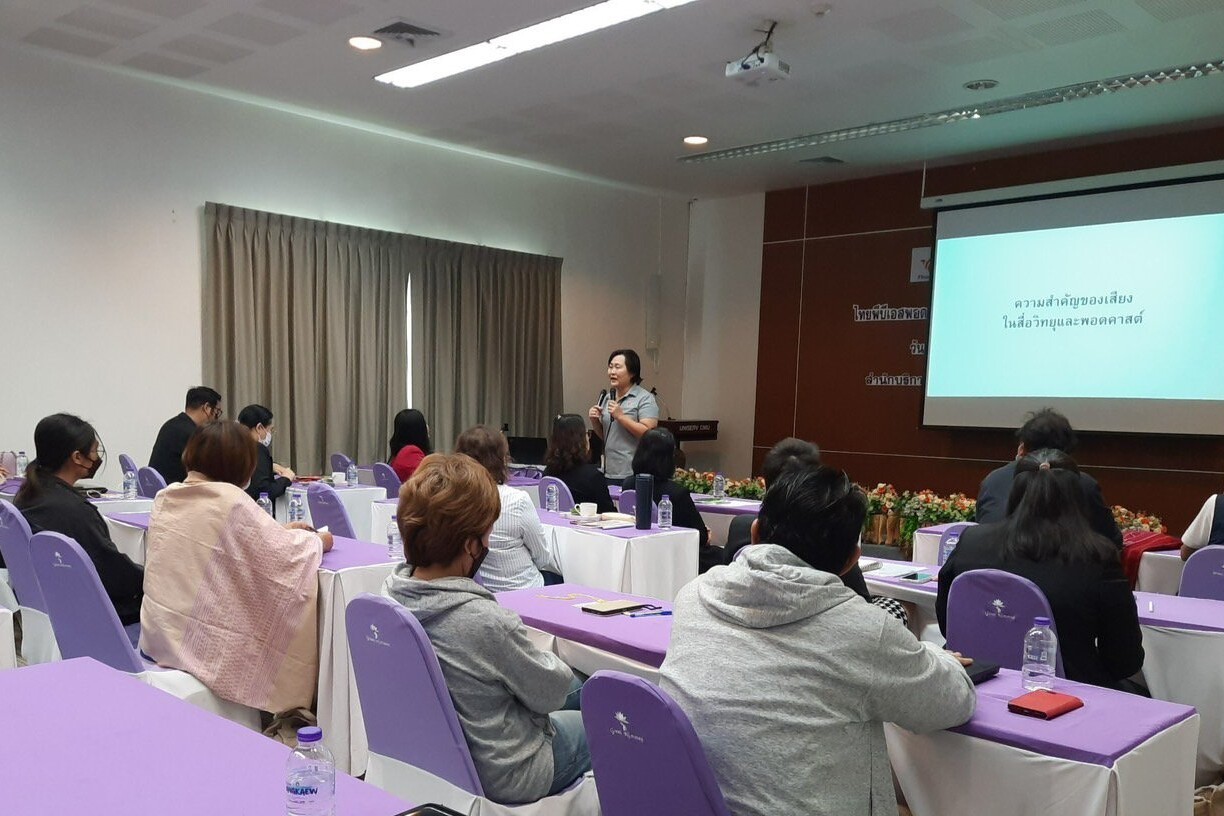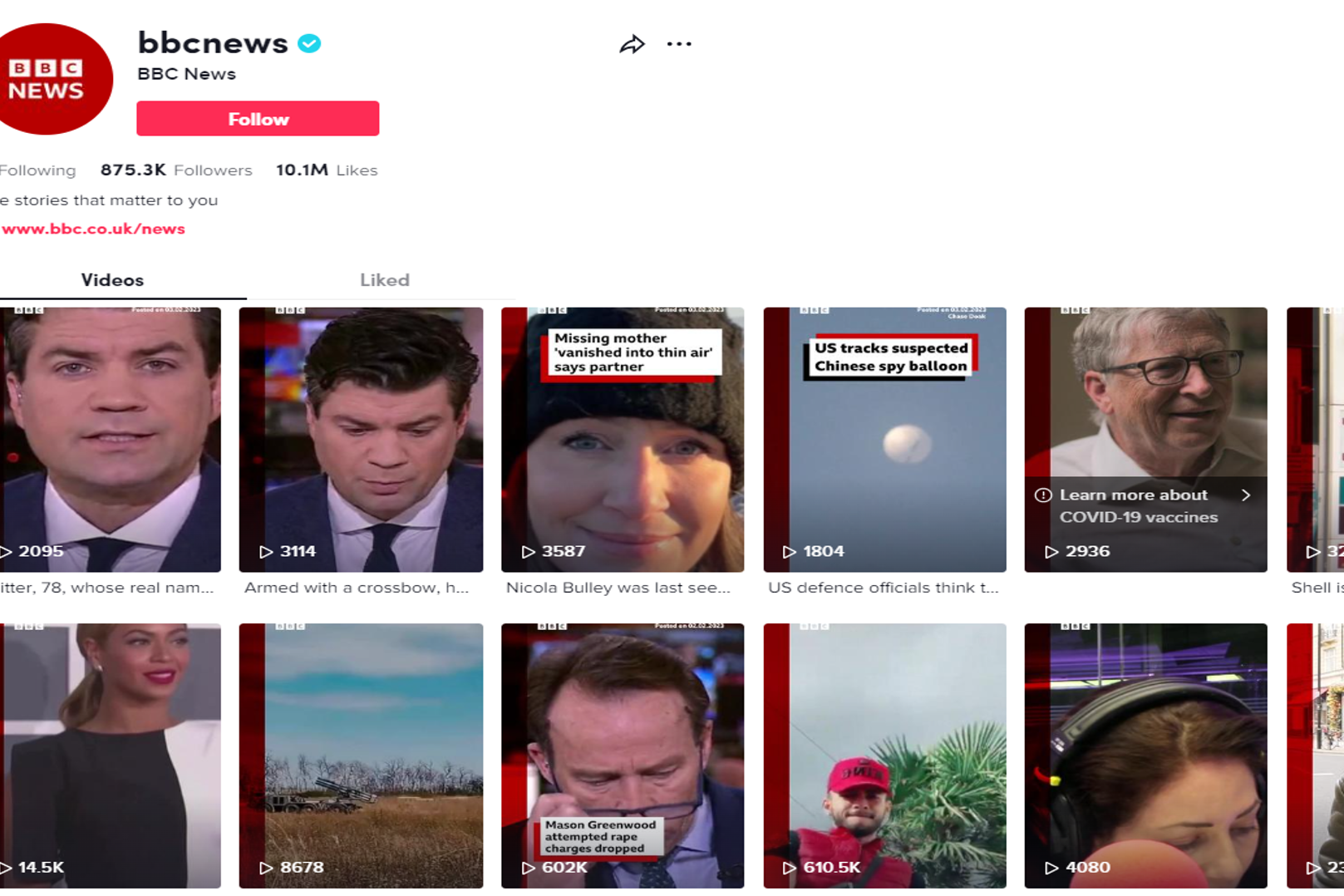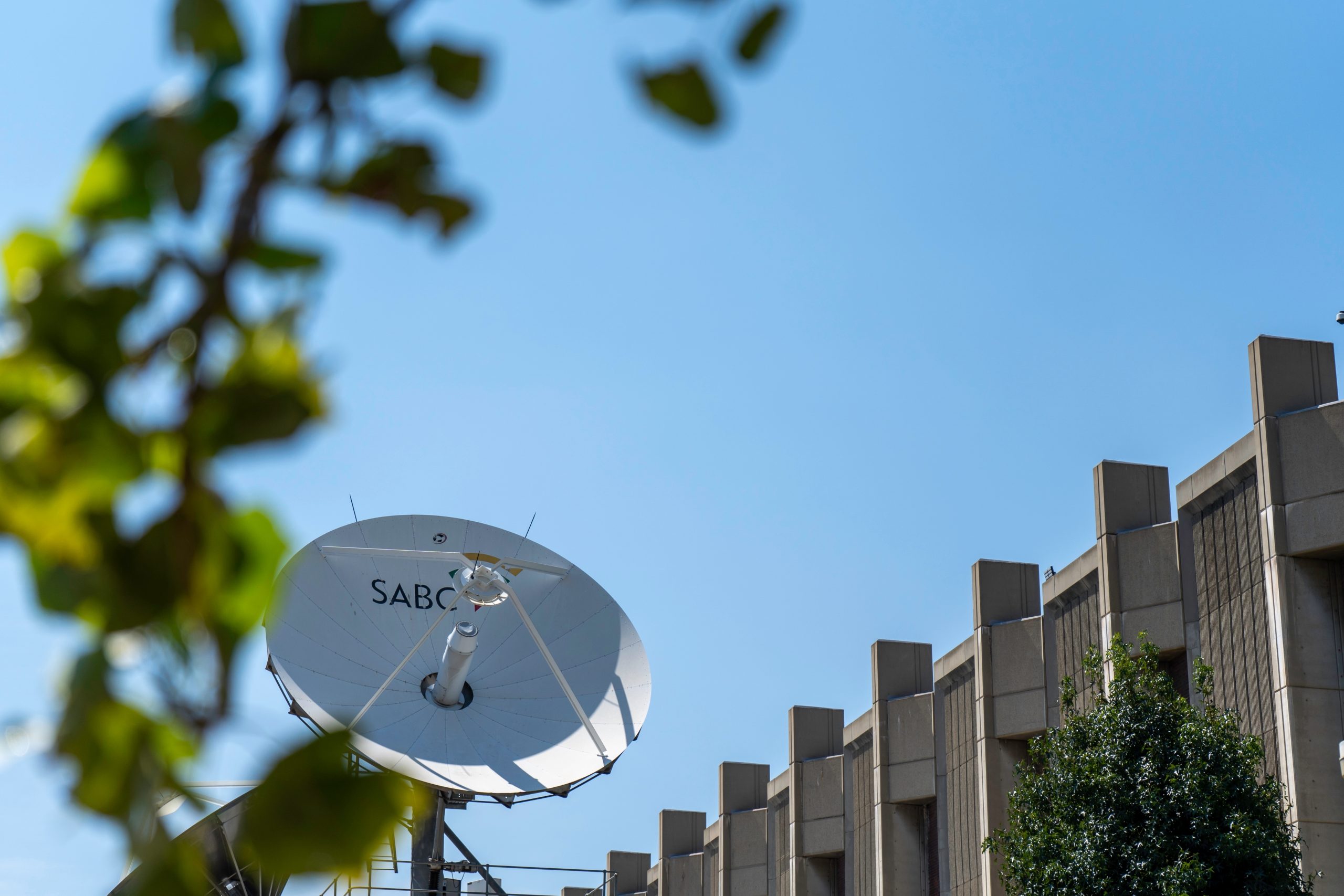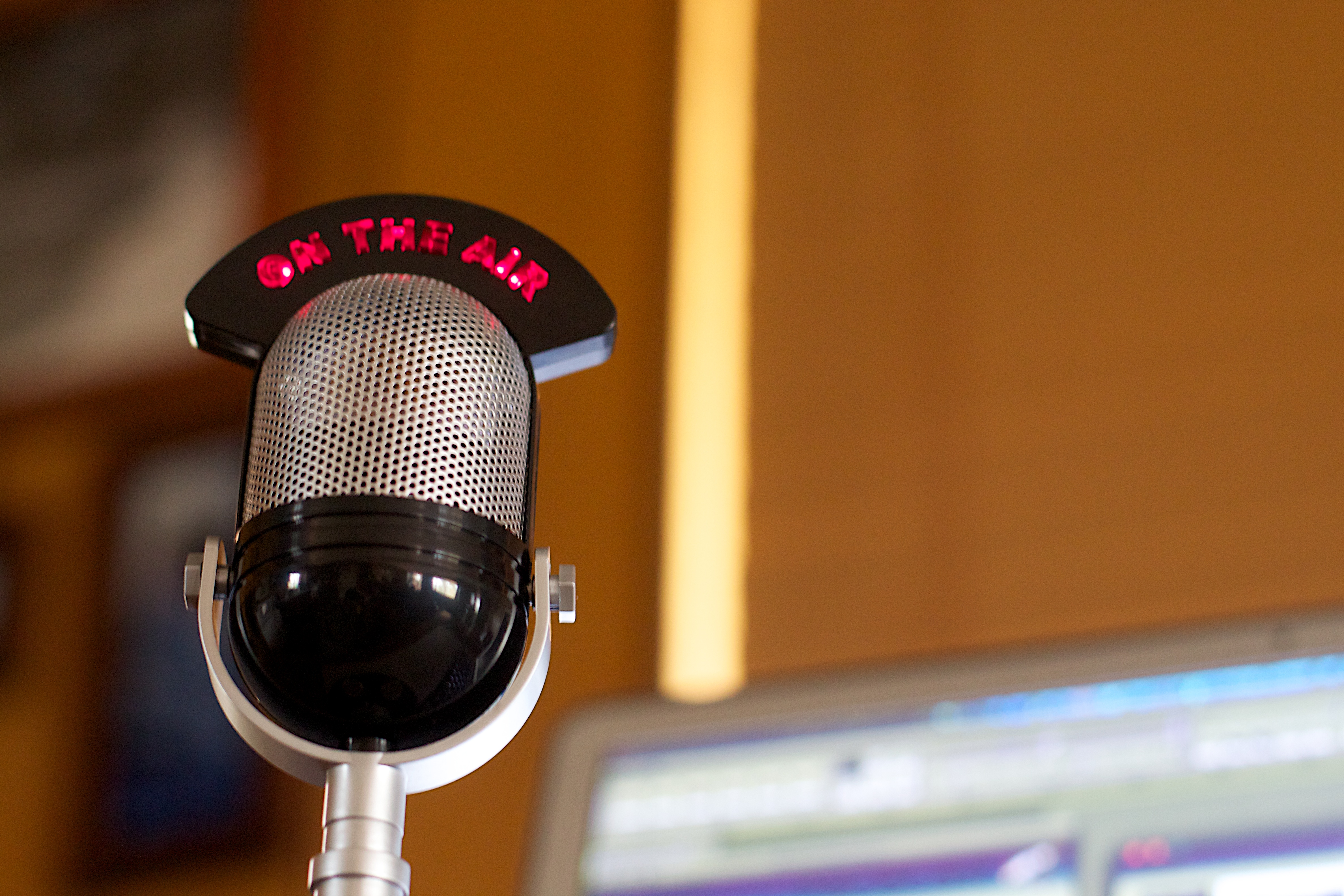PSM INNOVATIONS
NOS experiments with translation software in wake of Turkey/Syria earthquake
14th March 2023
The Dutch public broadcaster, NOS, has trialled a new translation programme to make their information more accessible and reliable for Turkish and Arabic speakers.
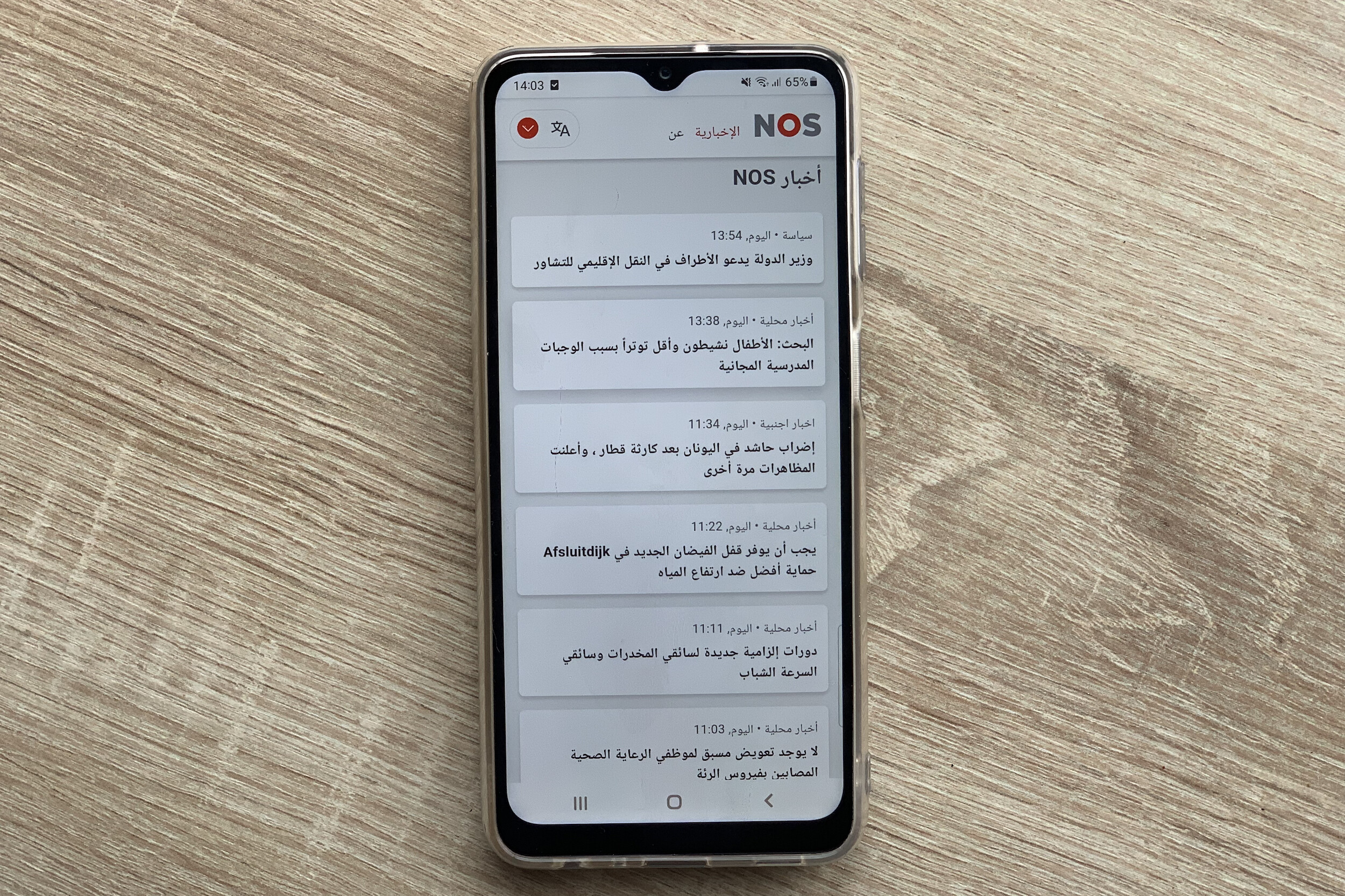
By Dorcas Mirembe-Korsah and Harry Lock
NOS Lab’s latest experiment has demonstrated what can be achieved by integrating Google and DeepL translation software into their own website.
The public broadcaster’s innovation arm, NOS Lab, had already been trialling the use of this software, but following on from the earthquake in Turkey and Syria, decided to deploy the tool so Turkish and Arabic speakers could access NOS content.
The platform provides the audience with quick and accurate translations. The translation algorithms in this platform are highly adaptable and versatile. They have learned to translate by processing large amounts of translations of words and texts and whenever the algorithm encounters new translations of words or texts, the network adapts ensuring that the translation services are continually improving.
Read more: Dutch public broadcaster app made more accessible for people with dyslexia
If it is simply a translation platform, how does it differ from Google and DeepL? The new NOS Lab platform not only offers a translation but goes further to ensure NOS itself has more control over the quality of translated content. The translation programmes have problems specifically when it comes to translating Dutch proverbs and expressions.
“If a certain automatically translated article would contain too many errors, we can take it offline or add an additional warning for the reader,” the Project Manager for Innovation at NOS Lab, Manon de Jonge, told PMA. “We cannot check the quality of the translations if readers use external translation tools.”
This platform also caters to the consumers who may have more trouble using tools like Google Translate but who also want to access reliable news in their preferred language.
The programme’s development came from initial testing, where the broadcaster examined how non-Dutch speaking and/or reading people consume news and assessed if they were also interested in consuming news from and about the Netherlands. De Jonge said almost all the respondents (95%), who were mostly English speakers, indicated that they would read more Dutch news if it was written in a language they understand.
After the earthquake in Turkey and Syria, the broadcaster decided to make the platform public to meet the needs of a wider audience. According to statistics by the Dutch Central Statistical Office (CBS) Turkish is one of the languages that is most spoken at home in non-Dutch speaking households in the Netherlands.
Manon de Jonge told PMA that many Dutch citizens, international students, and expats are of full or partial Turkish ethnicity and often have strong ties to Turkey. Some may also have family and friends living there. Thus, for many of them, the earthquakes had a direct and intense impact on their lives. Furthermore, since the conflict in Syria started, over 10,000 Syrian refugees have sought asylum in the Netherlands.
NOS helped bridge this gap by providing a platform for both Turkish and Arabic-speaking households to talk about and share reliable news articles about the earthquakes.
The platform demonstrates the innovation driving public service media. It was borne out of NOS’ core values as a public broadcaster, serving the entirety of Dutch society. “At NOS Lab, we are currently working on ‘Digital inclusion’, the umbrella project in which we investigate ways to make NOS content more accessible; our translation experiment is part of this project,” Ms. de Jonge said. “When we spot an opportunity to potentially reach an audience that does not or cannot yet consume our content even though they might want to, we try to overcome this limitation by producing an idea or solution that is both innovative and reliable.”
In a survey, the NOS translation service was rated 8/10. But the full rollout of the tech could be some time still. “Integrating the translation service into our app and website costs development time and effort. Considering the limited capacity that our development teams have, we want to be absolutely certain of how we should implement the translation functionality.”
“When we spot an opportunity to potentially reach an audience that does not or cannot yet consume our content even though they might want to, we try to overcome this limitation by producing an idea or solution that is both innovative and reliable.” – Manon de Jonge, Innovations Project Manager at NOS Lab
Over to you...
Does your public media organisation have an innovation that you’d like to share?
Let us know by emailing us at editor@publicmediaalliance.org
Featured Image: Hilversum, the Netherlands. February 2018. Entrance to the Dutch Broadcast Foundation or NOS (Nederlandse Omroep Stichting). Credit: iStock
Related Posts
3rd February 2023
Priority to provide public service on TikTok
Providing trusted news and information…
24th January 2023
SABC indigenous language news channel to be launched
SABC plans to improve news provision…
